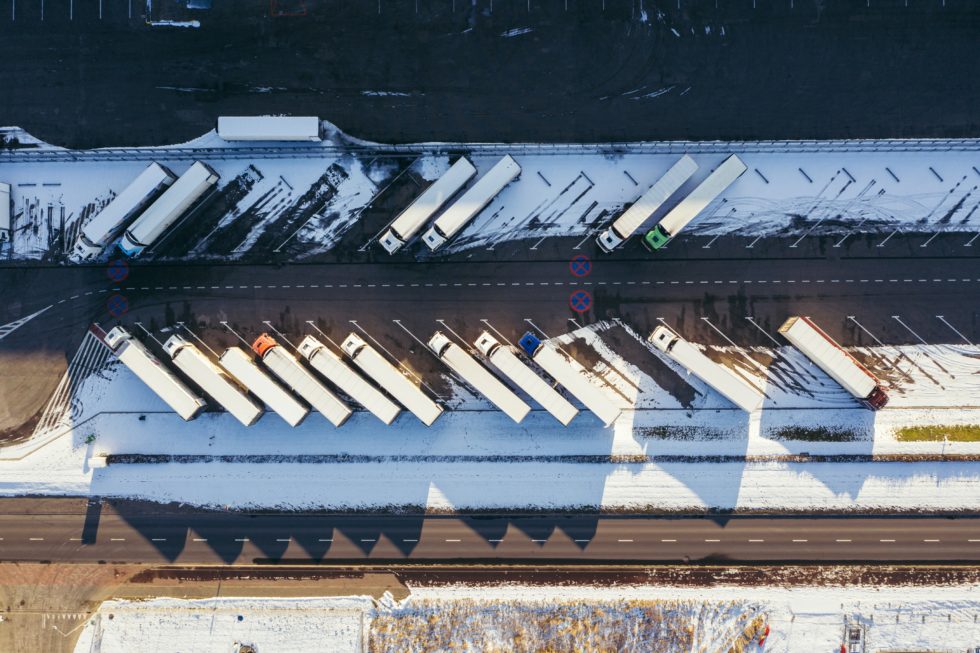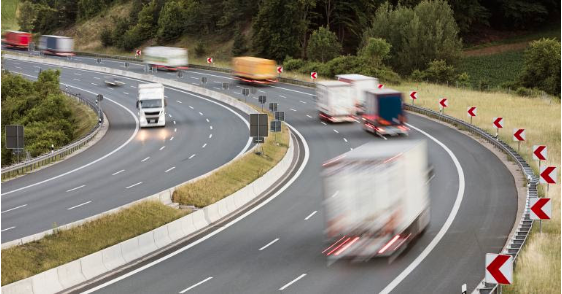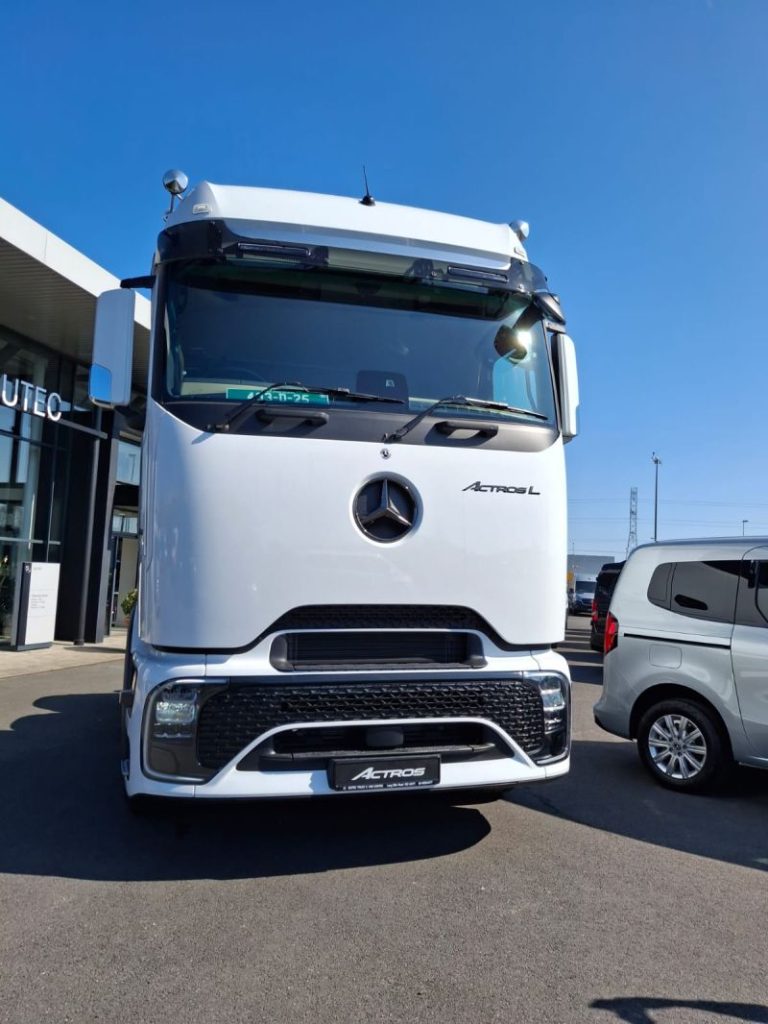The European Commission is being urged to maintain a focused approach to certifying, upgrading, building, and funding safe and secure truck parking areas in the EU over the next three years, but why are truck parking spaces in Europe at a premium?
Truck parking spaces are at a premium in Europe due to several factors:
- High Demand and Limited Supply: The growing volume of goods transported by road has increased the demand for truck parking spaces. However, the supply of these spaces has not kept pace with the demand, leading to a shortage.
- Regulations and Rest Requirements: European regulations mandate that truck drivers take regular breaks and rest periods to ensure safety and reduce fatigue. This increases the need for parking spaces where drivers can safely stop and rest.
- Urbanization and Land Use: In many parts of Europe, especially in urban and densely populated areas, land is scarce and expensive. Allocating large areas for truck parking can be challenging due to competing land use priorities such as residential, commercial, and environmental concerns.
- Safety and Security Concerns: Truck drivers need secure parking areas to protect themselves and their cargo from theft and vandalism. This increases the demand for designated, well-maintained, and secure parking facilities, which are in limited supply.
- Infrastructure Limitations: Some regions lack adequate infrastructure to support the growing number of trucks. This includes not only parking spaces but also associated facilities such as restrooms, showers, and food services.
- Environmental Regulations: In an effort to reduce pollution and manage traffic congestion, some areas have restrictions on where trucks can park, limiting available spaces further.
- Economic Factors: Developing and maintaining truck parking facilities can be costly, and in some cases, there may be insufficient economic incentive for private or public entities to invest in creating more spaces.
- International Transit Routes: Europe’s extensive network of international transit routes means that many trucks are constantly on the move across borders, increasing the demand for parking spaces at key transit points.
These factors combined create a situation where truck parking spaces are in high demand but are not readily available in sufficient quantities, making them a premium commodity in Europe.


